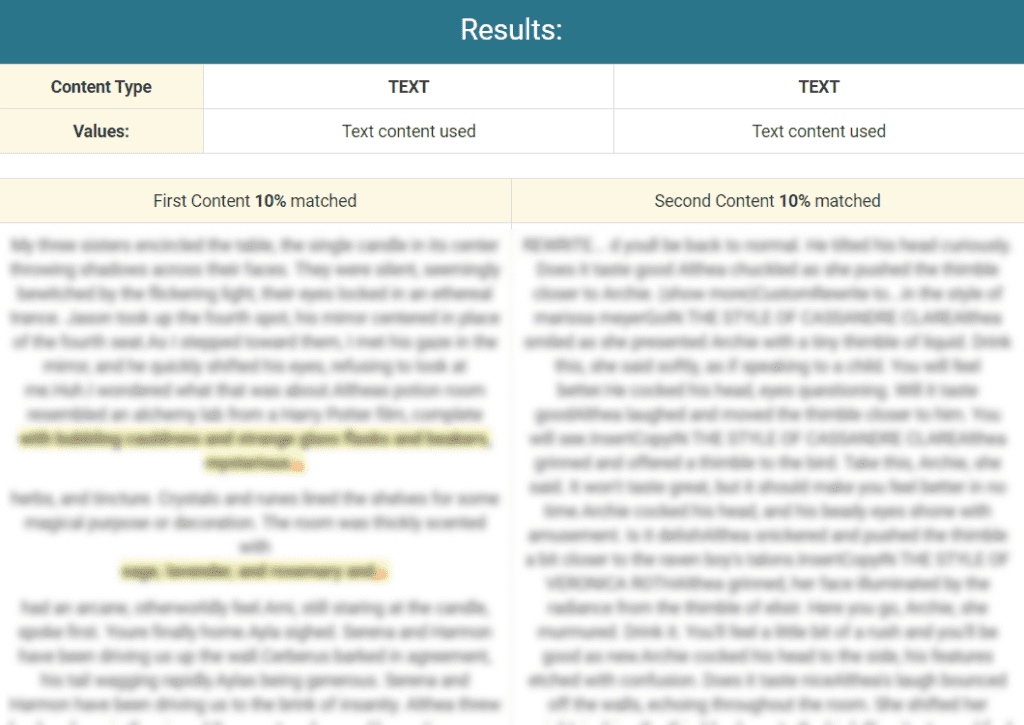This FAQ has been getting missed in a big way, so I’m moving it up to the front.
(Moved and updated 6-12-2024)
In June 2021, I began working with Sudowrite, an AI writing assistant for fiction writers. And by “working with,” I mean I started using the software. In July of 2022, I was featured fairly prominently in How independent writers are turning to AI – The Verge, but because they primarily used my real name (Jennifer Lepp) instead of my pen name (Leanne Leeds,) no one paid me much notice. AI use in fiction was getting far less attention than art-generating AI.
And then ChatGPT blew that all to hell. (I did a follow-up interview on that, too though my pen name was a bit more prominently pointed out thanks to my complaint about my real name use.
I didn’t think that one through.)
At this point, I’m seeing some things mentioned about me that are pretty inaccurate I felt the need to put this up. So, here we go.
I read somewhere that you use AI/ChatGPT to generate all your books now.
Yep, I read that, too.
When this all started, I didn’t honestly know how much of the AI-generated text I actually used because I just went with the flow and didn’t have too big a concern with keeping track. As this became a hotter and hotter topic (and I’ve seen statements from folks claiming I “generate” my books or have the AI “create” them,) I got curious, so I used PostSEO text compare to compare my finished chapter and the text that was generated by the AI in my session.
The following is a screenshot of the chapter I wrote yesterday, and this seems to be pretty average. I’ve had results as low as 8%, and as high as 11%. On average, 90% are the words from my brain, and 10% are the words from the #AI.
I do not use AI for plot suggestions as some do—I know where my chapters and scenes are going, I use AI to phrase things better.

What part of your books does ChatGPT write?
None. Almost all words in my books (the 10% above) are from Anthropic’s Claude.
Do you write faster with AI? I read that you use AI to write fast.
I read that, too (and said it was my goal before I read it.) Unfortunately, no. It still takes me six-seven weeks to write a book. I did not get any speed gain out of AI use because I still pretty much write the book. I just incorporate different aids to keep me moving or vary phrasings/ways to say things, Anthropic’s Claude being the predominant one.
Do you teach people to use AI?
I do not work for any AI company. Sudowrite did pay me to write a few blog posts sharing some of my tips and tricks while they looked for and hired a Community Leader, but I have never specifically taught any class or worked as an instructor for pay with regard to AI. My primary occupation is fiction writing, and that’s what I do for a living.
You’re a plagiarist! (Or you’re not a real writer, you’re cheating, and so on and so on)
I personally don’t feel that AI companies are doing anything legally wrong, and I’m comfortable using artificial intelligence in my creative endeavors. I’m comfortable with the fact that I’m still a writer. I realize other people feel differently, and I respect that viewpoint and people’s choice not to use it or patronize people that do use it. Don’t buy my books if you hate all these things so much it makes you grind your teeth—any book that AI was used to edit has a statement to that effect in the book so readers can be informed.
I am also, though, aware that this is a new frontier, and a court may decide to make some new law/update the law/re-explain the law in a way that it applies here, so I’ll be watching just like everyone else and will make changes in my own use if/when needed.
Tools I currently use:
This is current as of 11/10/2024.
- NovelCrafter – this software is exactly what I was looking for without AI. The Codex is game changing for me, the type of story bible ease I’ve been looking for. In fact, I only use the Codex, but you can use this with AI.
- Quillbot – to quickly rephrase sentences/as a thesaurus on a per sentence editing basis.
- Anthropic’s Claude – for fiction revising and rephrasing.
- Google’s NotebookLM – for querying my series.
- LitRPG Adventures – for fantasy locations and characters
- ScribeShadow – Novel translations.
Tools I have used but no longer use:
- Sudowrite – for fiction rewriting and work with narrative prose.
- Poe by Quora – Poe is a service developed by Quora and launched in December 2022. It allows access to a range of AI bots, including my two preferred LLMs: GPT-4o and Claude Opus. This cuts the access cost (ChatGPT+ at $20/m and Claude+ at $20/m) in half (Poe $20/m) and the number of messages allowed per month is more than enough for my use.
- ChatGPT+ – for Dalle-3 and Vision. (I still use the LLM, just via API or Poe instead.)
Things I wrote about the tools I’m using/was using:
(Please note much of this is older information)
- Sudowrite Tips and Tricks
- My first days with Sudowrite (June 2021 – October 2021)
Articles
(Please note much of this is older information)
- New Yorker: The Computers Are Getting Better at Writing
- The Verge: The Great Fiction of AI: The strange world of high-speed semi-automated genre fiction – a long-form article that yours truly appears in.
- The Verge: How Kindle novelists are using ChatGPT – an interview with me about the ChatGPT explosion
- AI-Generated Content and Copyright Law: What We Know (Posted Apr. 18, 2023 – this landscape is likely to change rapidly, so by the time you read this, some questions in the article may have been answered in a court case or by a regulatory body somewhere.)
- 4 Ethical Questions Generative AI Poses
- The scary truth about AI copyright is nobody knows what will happen next
Videos
(Please note much of this is older information)
- The Creative Penn (YouTube): The AI-Augmented Author. Writing With GPT-3 With Paul Bellow
- The Creative Penn (YouTube): Writing Fiction With Sudowrite With Leanne Leeds
- Sudowrite an AI Writing tool for authors: Features and Demonstration on the Business of Writing Podcast featuring author Elizabeth Ann West.
- The Creative Penn (Youtube): Writing Fiction With AI. Sudowrite With Amit Gupta
Classes for Authors
Groups for Fiction Authors
These are groups I’m personally a part of and can confirm are a good source of information.
- AI Writing for Authors – Facebook Group with almost 2,000 5,000 members, and unfailingly AI positive/supportive.
